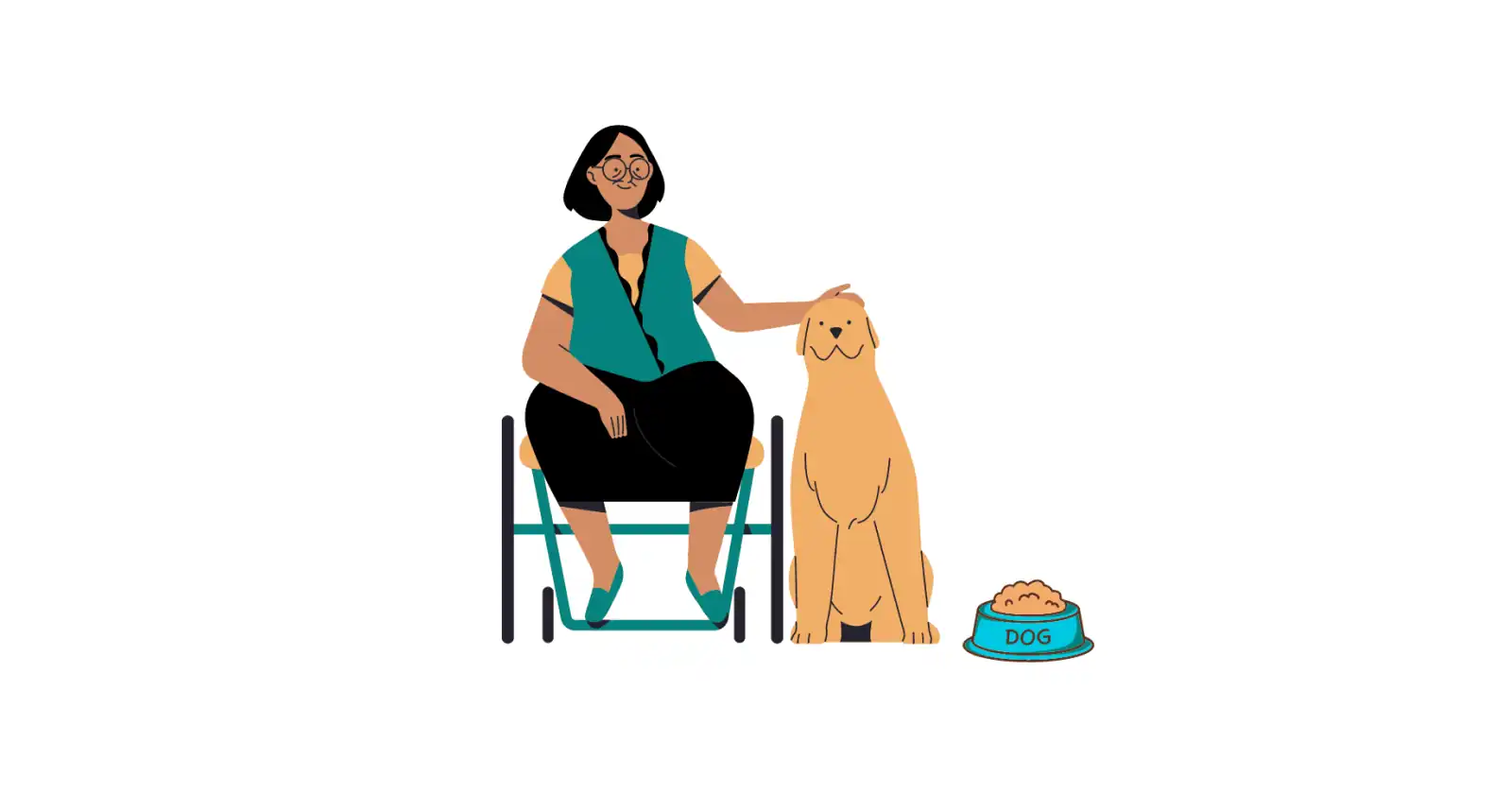Senior Dog Diet

As dog's age, their nutritional needs change, and they require different types and amounts of nutrients to stay healthy. Proper nutrition and a balanced diet are even more critical for senior dogs, as it can help prevent or manage age-related health conditions and maintain their overall well-being. In this article, we will discuss the importance of nutrition for senior dogs, their specific nutritional needs, and how to choose the right food for your senior dog.
Understanding Senior Dogs:
A dog is considered a senior when they reach around 7-8 years of age, although this can vary depending on breed and size. As dogs age, they may experience health concerns such as arthritis, dental problems, and kidney disease, which can impact their nutritional needs. Senior dog food is specially formulated to meet the specific nutritional requirements of older dogs. It typically contains less fat and fewer calories, but more fibre and protein than regular dog food.
Nutritional Needs of Senior Dogs:
Senior dogs require a diet that is:
- High in protein for maintaining muscle mass and strength
- Low in fat to prevent weight gain and obesity
- High fibre for improved digestive health to prevent constipation
- Rich in essential nutrients such as vitamins, minerals, and antioxidants
Reduction of calories in diet as dogs age varies based on individual factors such as their size, weight, activity level, and health status. However, in general, smaller dog breeds tend to have slower metabolic rates and require fewer calories as they age than larger dog breeds. For example, a senior Chihuahua may only need around 250-400 calories per day, while a senior Great Dane may need up to 2,500 calories per day.
It's important to consult your veterinarian to determine your senior dog's nutritional needs and recommended daily calorie intake. You can also check the required calorie intake for your pet and get customised recipes for old dogs based on their breed, and weight using Kuddle’s free pet diet planner on Kuddle App.
Choosing the Right Food for Your Senior Dog:
When choosing senior dog food, it is important to consider the quality and source of the ingredients, as well as any dietary restrictions or allergies your dog may have, always prefer food with whole and natural ingredients. Watch out for foods that contain artificial preservatives, colours, and flavours and avoid fillers and by-products.
Look for dog food that contains high-quality protein sources such as:
- Chicken
- Beef
- Fish
Avoid food packets with unnamed protein sources like “meat”. With age, some pets lose interest in food because of their reduced sense of smell and taste. If they are bored with their regular dry kibbles, add warm water, chicken broth or canned food to increase palatability. You can also try flavour enhancers available in the market. Home-cooked meal are a great option too!